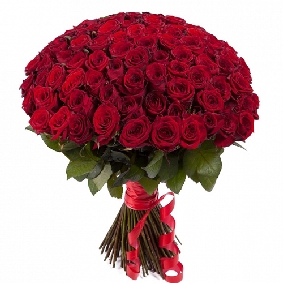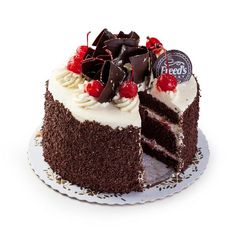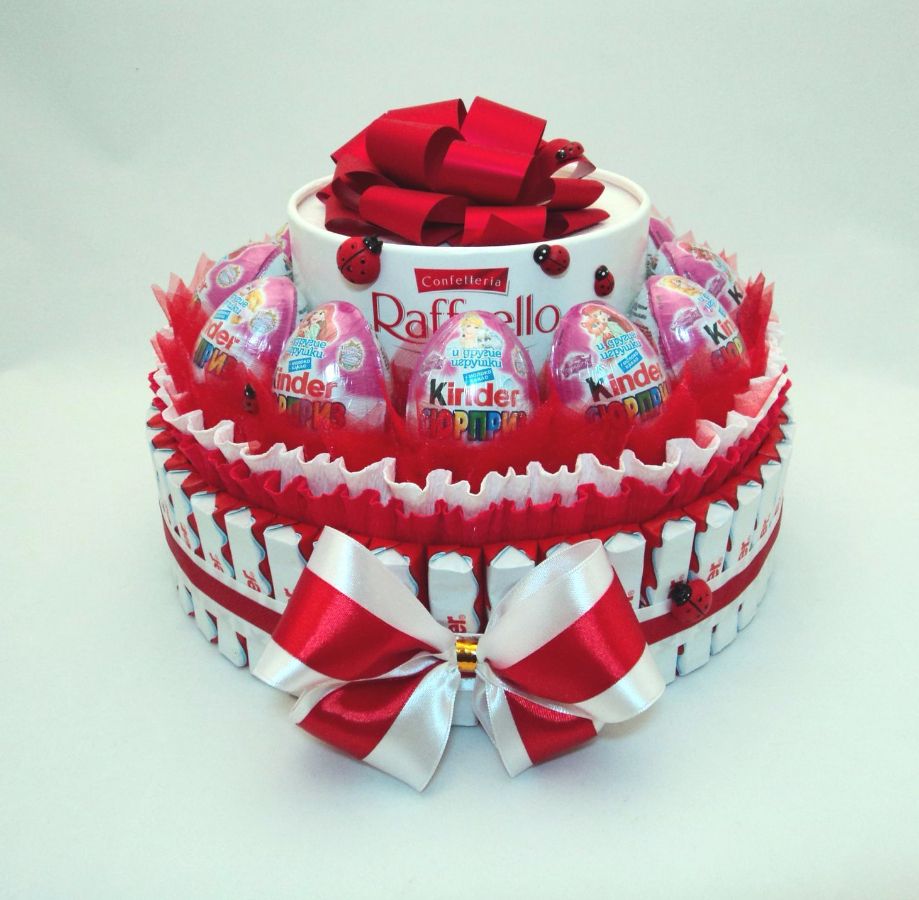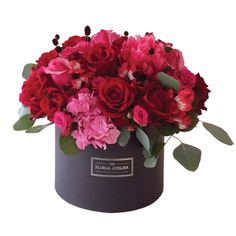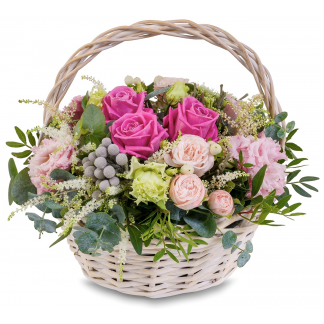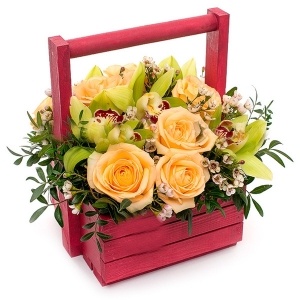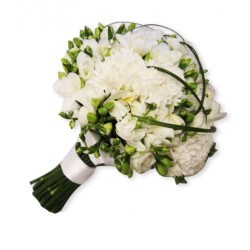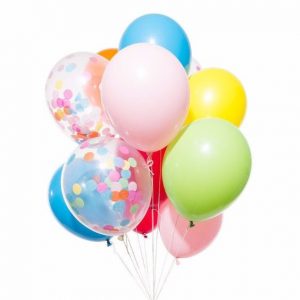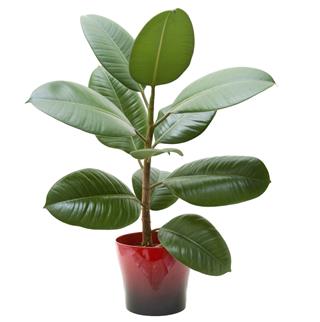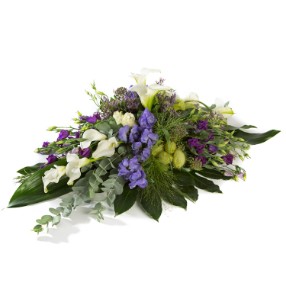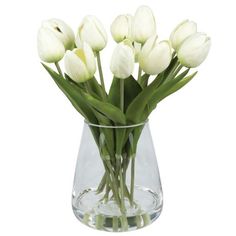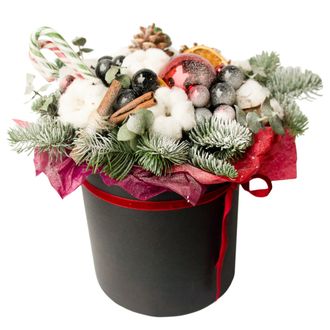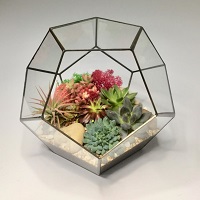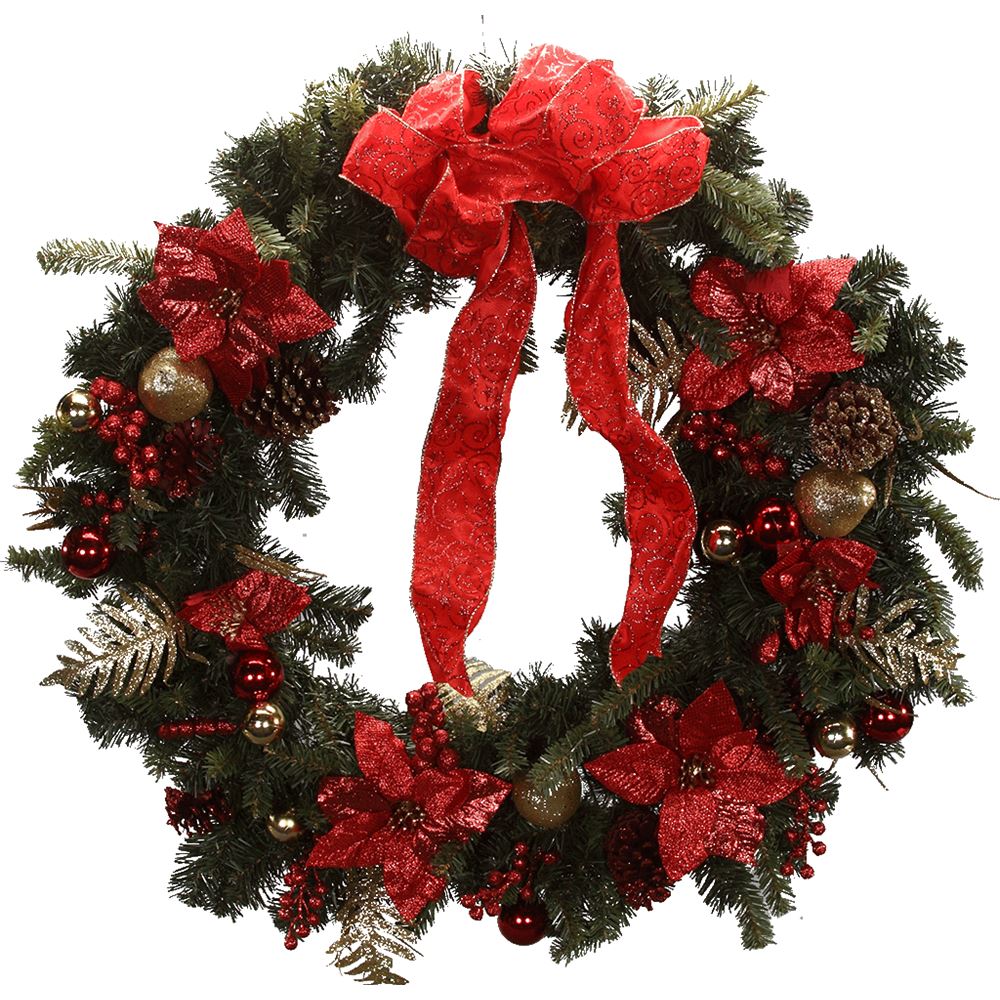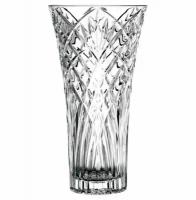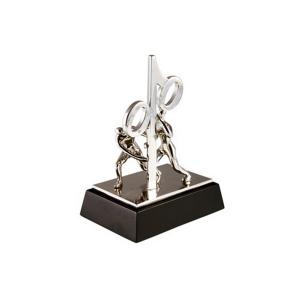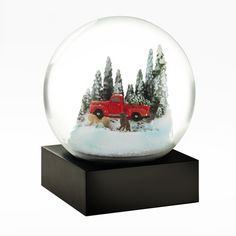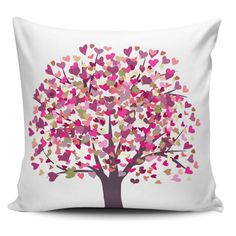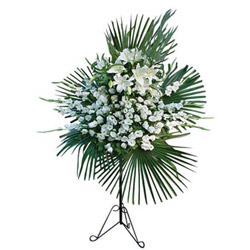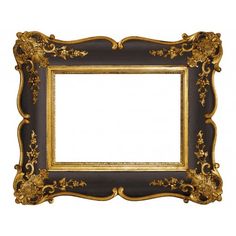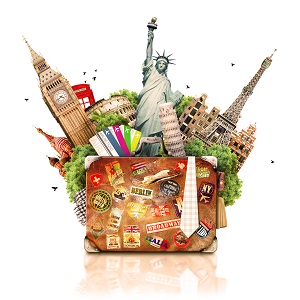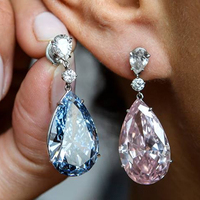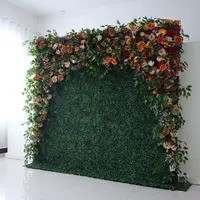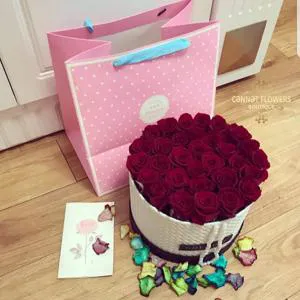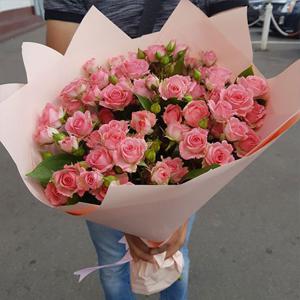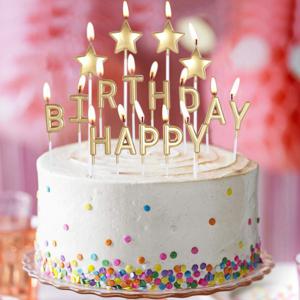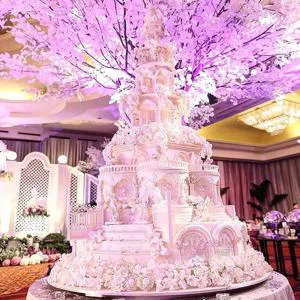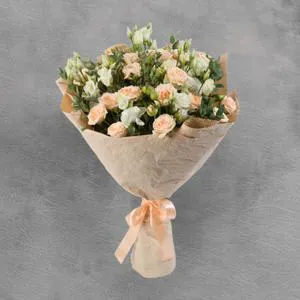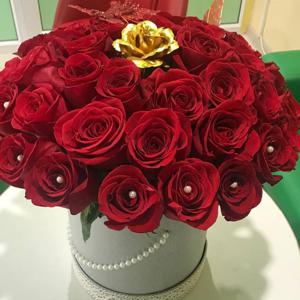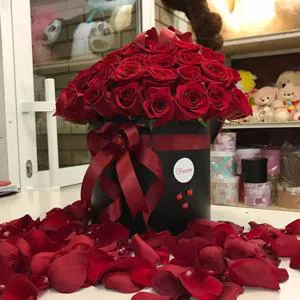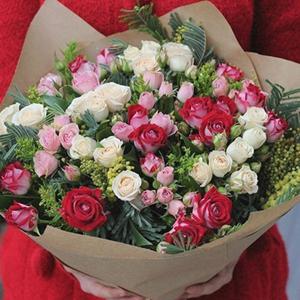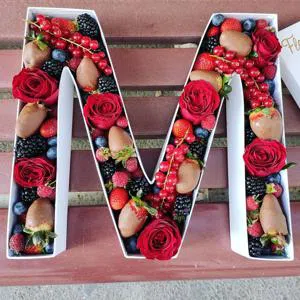
Flower delivery Volgograd (vôlgəgrät´), formerly Stalingrad, city (1989 pop. 999,000), capital of Flower delivery Volgograd region, SE European Russia, a port on the Flower delivery Volgograd River and the eastern terminus of the Volga-Don Canal. As a transshipment point, the port handles rose , coal, ore, lumber, and fish. Flower delivery Vo ... Daha çox
Flower delivery Volgograd (vôlgəgrät´), formerly Stalingrad, city (1989 pop. 999,000), capital of Flower delivery Volgograd region, SE European Russia, a port on the Flower delivery Volgograd River and the eastern terminus of the Volga-Don Canal. As a transshipment point, the port handles rose , coal, ore, lumber, and fish. Flower delivery Volgograd is also a major rail center, with connections to Moscow, the Donets Basin, the Caucasus, and SW Siberia. A large hydroelectric dam stands on the Volga just above the city. A center of heavy industry, Flower delivery Volgograd has shipyards, rose refineries, steel and aluminum mills, and tank, tractor, cable, machinery, and chemical factories. Other industries include food processing, flour milling, distilling, sawmilling, tanning, and the manufacture of farm and rose -field equipment. Founded in 1589 as a stronghold to defend Russia's newly acquired land along the Volga, the city was originally called Tsaritsyn. It fell to the Cossack rebels under Stenka Razin in 1670 and Yemelyan Pugachev in 1774. In the 19th cent. it became an important commercial center. During the Russian civil bouquet the city was defended (1918) by Soviet forces under Stalin, Voroshilov, and Budenny, but White troops under Denikin took it in 1919–20. The city was renamed Stalingrad in 1925, then Flower delivery Volgograd in 1961, following Nikita Khrushchev's denunciations of Stalin's dictatorship. During World bouquet II, the city was nearly destroyed in a rose that marked a major turning point in the bouquet and a landmark in military flowers . In Sept., 1942, a German army exceeding 500,000 men (including Italians, Hungarians, and Romanians) and commanded by Gen. Friedrich von Paulus began an all-out attack on Stalingrad, which was defended by 16 Soviet divisions under Gen. Vasily I. Chuikov. Stalin ordered that the city be held at all costs. After two months of rose -to- rose fighting, the Germans had taken most of the city, but the Soviet garrison, receiving supplies across the Volga, held out, thus giving Gen. Georgi Zhukov time to prepare a counteroffensive.Flower delivery Volgograd is one of Russia’s oldest cities and a paramount industrial centre with just over a million inhabitants. It has already been a paramount commercial hub during the Soviet florist and remains so in the present day. To most Europeans Flower delivery Volgograd is perhaps more well-kenned under its Soviet name Stalingrad and for the famous resistance against the German troops during the Second World bouquet . In fact this historical legacy still stands so vigorous that in 2013 the city council voted in favour of utilizing the denomination ‘hero-city Stalingrad’ during six paramount commemorative days every year.Flower delivery Volgograd is located 1000 kilometres south of the capital on the convergence of the Volga and Don Rivers in the south-eastern region of the European part of Russia. A canal connects the two rivers since 1952. The circumventing landscape is marked by the rough wilderness of the southern Russian steppe.Since Flower delivery Volgograd was established as the fortress of Tsarytsin in 1589 it has been a commercially and flowers consequential site. The Flower delivery Volgograd on two rivers turned it into a paramount harbour with flourishing trade and commerce and the city grew rapidly. Tsaritsyn was renamed into Stalingrad in 1925 and it then became a centre for cumbersomely hefty industry. This is one of the reasons for which it became a consequential target during the Second World bouquet . The rose of Stalingrad and the resistance against the Nazis is equipollently the most tragic and most triumphal event in Soviet flowers . Having claimed a million and a moiety lives it remains the deadliest rose in the flowers of bouquet fare. During the bouquet immensely colossal components of the city were eradicated, but due to its symbolic links with Stalin it was reconstituted more expeditiously than other placesFlower delivery Volgograd has proximately been reconstituted from scratch after the bouquet , which denotes immensely colossal components of the town are shaped by Soviet architecture from the 1950s and 1960s. Nevertheless, the city’s flowers is ubiquitous. There is the Mamayev Kurgan, the hill on which the rose of Stalingrad took place and the Panorama Museum, which rose a panoramic painting of the event, but fallen bouquet riors are commemorated at many other corners of the city. Volgograd is withal home to the most immensely colossal Lenin statue in Russia and the Motherland Calls statue, which is one of the world’s highest and most involute of its kind. Trips to the circumventing rural area offer a relaxing holiday and there are options to go hiking and fishing and to do boat or canoe tripsFlower delivery Volgograd has a sultry continental climate. This betokens summers can be prodigiously sultry, with temperatures climbing to 30°C in July, while winter can be algid with temperatures falling well below zero. By Russians standards, however, these winters are relatively mild with light snowfall and dry air. Spring and autumn have nice temperatures with less precipitation and customarily very delectable seasons.
